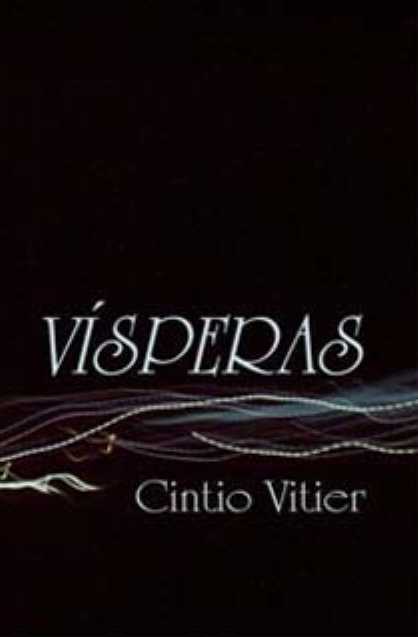4.1.2.9.9 The poetic work of Cintio Vitier (1921 – 2009) after the triumph of the Revolution in 1959

After the triumph of the Revolution, Cintio Vitier’s poetry contained germs of thought and content for his lyrical expression that had already manifested themselves in the previous stage, if before as a hollowness of meaning, now as a realized plenitude in which the historical and the poetic coincided in a splendor that broadened the boundaries of what was possible for the Cuban nation.
During this period, what many have called his affirmative poetics developed, albeit not in a linear fashion, in harmony with his social environment and in acquiescence to what was happening, which filled the void left by his previous experience of reality. His inherent lyricism was then nourished by a collective experience and acquired a meaning that went beyond mere writing.
He naturally integrated himself into the youthful Parnassus that sang the praises of revolutionary tragedies and glories, a passion fueled by his Catholic fervor, which contributed to the humanist spirit from which he shaped his verses. However, he was not merely a mirror of the joy of the new coming; his texts also contain a polemical matrix, an ethical dilemma that finds its channel of expression through poetry.
Of these poems of the vibrant collective, but with particular fibers, is the one dedicated to the hero of Yaguajay and entitled precisely “Camilo Cienfuegos,” in which the authentic feeling of irreparable loss is combined with a lyrical deepening of the roots of the Island and, at the same time, of this in the universal order that includes the dimension of time and the mythical:
“Those mountains, those keys, those gardens are
your absence
Oh young hero taken away by the gods,
Inch by inch your deep rapture has grown
and it is already the size of the island,
the taste of our air and our sea!
We will walk along the beaches among your
fingers,
We will climb the mountains remembering you
face.
We will not sail the waves, but your burning chest”
One of the most representative collections of poetry from this period, aside from the already analyzed “Written and Sung,” is “Testimonies,” which includes some previously published poems and others new, from the period 1953–1968, to a certain extent covering the entire process of revolutionary struggles and their institutionalization. It also reflects the sense of poetry as a bastion of resistance and patriotic foothold.








